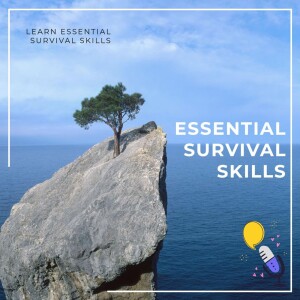

In this episode, Therese Markow and Dr. Dorothy Leidner discuss the growing trend of personal relationships with AI, including AI-generated therapists and romantic partners. Dr. Leidner highlights the history of AI in therapy, noting the shift from rule-based systems in the 60s to generative models today. She emphasizes the potential dangers, such as AI encouraging harmful behaviors and replacing real human interaction. She also discusses the lack of regulation in the U.S. and the need for responsible AI development. The conversation underscores the importance of recognizing AI as a technology rather than a human counterpart to prevent unhealthy dependencies.
Key Takeaways:
-
Most chatbots and AI are not trained for therapy or relationships, but many people are using them for that. There are specific programs that have been developed based on therapy and mental health knowledge.
-
Many people who are using generative AI and chatbots in a therapeutic way do not yet realize they need therapy, and the AI encourages the person to continue talking to the chatbot.
-
People may forget that their AI boyfriend or girlfriend isn’t real.
-
Generative AI has been trained on so many books and types of writing that it is good at predicting what should come next and coming up with language that is realistic. But it is important to remember that it is just a technology.
"One of the things that bothers me about AI is how it talks in the first person. And to me, it's deceitful, because it's not an I, it's an object. It is a piece of software running on a piece of hardware, and for it to refer to itself as ‘I’ then it's definitely humanizing it and technologies are being humanized enough already just by the language." — Dr. Dorothy Leidner
Connect with Dr. Dorothy Leidner:
Professional Bio: https://www.commerce.virginia.edu/faculty/cva8qh
Connect with Therese:
Website: www.criticallyspeaking.net
Threads: @critically_speaking
Email: theresemarkow@criticallyspeaking.net
Audio production by Turnkey Podcast Productions. You're the expert. Your podcast will prove it.
More Episodes
All Episodes>>Create Your Podcast In Minutes
- Full-featured podcast site
- Unlimited storage and bandwidth
- Comprehensive podcast stats
- Distribute to Apple Podcasts, Spotify, and more
- Make money with your podcast












